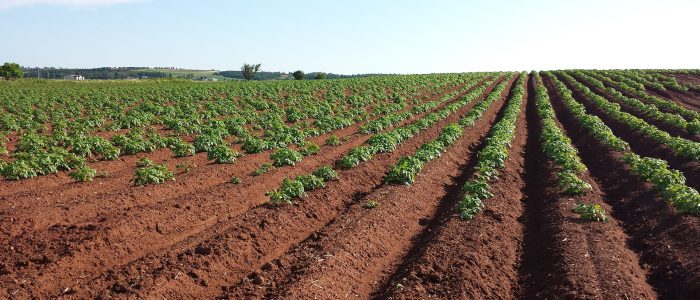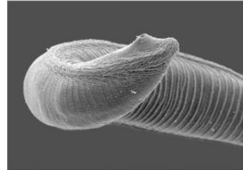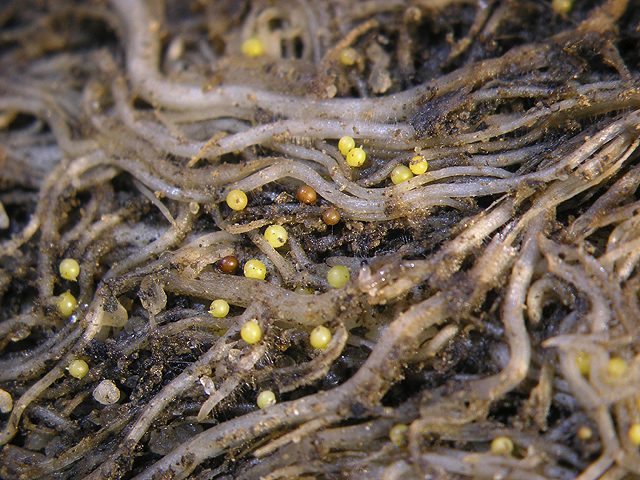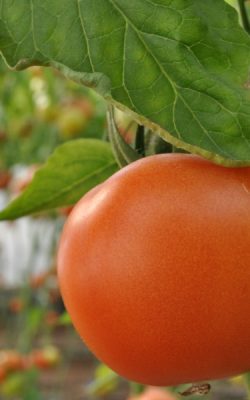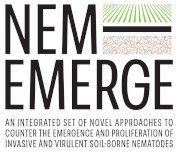Global warming has resulted in a northward migration of previously undetected ‘tropical’ RKN species. Furthermore, the increased incidence of heat waves in southern Europe jeopardizes the effectiveness of widely used host plant resistances, including the most important RKN resistance gene known in tomato, Mi-1, as they stop functioning at elevated ambient temperatures (above 28°C). Learn more about the NEM-EMERGE approach regarding global warming.
In parallel to the effects of global warming, strong genetic selection due to the prolonged (several decades) use of a small pool of plants containing inherent resistances against RKN and PCN has facilitated the emergence of virulent populations in tomato and potato fields in southern and northern regions of Europe. Current cultivars are unable to prevent the further expansion of such RKN and PCN.
For decades, large quantities of non-specific, environmentally harmful agrochemicals were used to manage plant-parasitic nematodes in high-input farming systems. Although these are banned by national and EU legislation nowadays, soils are often harmed and have their host resilience capacity disturbed.
Hence, there is an urgent demand to find inclusive, sustainable solutions to counter these RKN and PCN problems and prevent crop losses in the most affected major food crops: tomato and potato. This is where NEM-EMERGE comes in.
